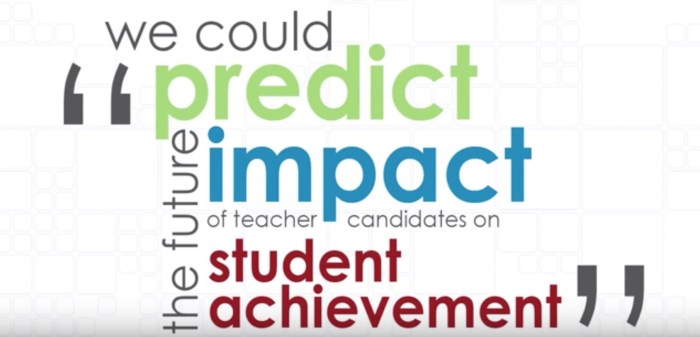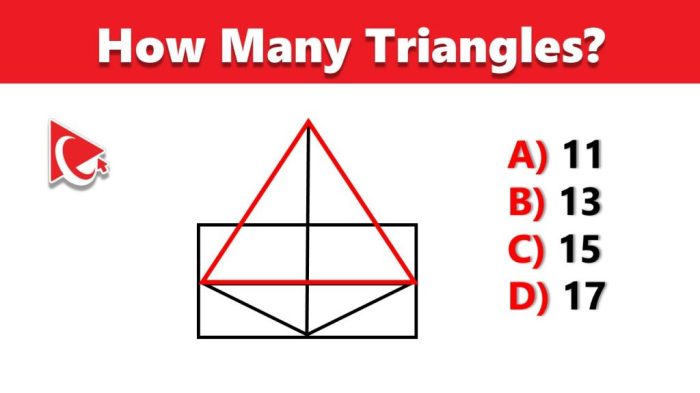How to prepare for teacher epi assessment – Embark on a transformative journey to excel in the Teacher Epi Assessment, a comprehensive evaluation designed to elevate your teaching prowess. Delve into the intricacies of this assessment, equipping yourself with the knowledge and skills to demonstrate your pedagogical mastery.
This guide will illuminate the purpose, structure, and key components of the Teacher Epi Assessment. We will explore effective lesson planning, engaging teaching strategies, and the art of differentiating instruction to meet diverse learner needs. Moreover, you will gain insights into educational psychology, teaching methodologies, and the importance of ongoing professional development.
Preparing for Teacher Epi Assessment: Understanding the Process

The Teacher Epi Assessment is a comprehensive evaluation designed to assess the skills and knowledge of aspiring and practicing teachers. Understanding the purpose and structure of the assessment is crucial for successful preparation.
The assessment consists of multiple components that evaluate key areas of teaching, including lesson planning, instructional delivery, classroom management, and professional development. Common assessment tasks may include written responses, case studies, and classroom observations.
Developing Strong Teaching Skills and Knowledge
Effective teaching requires a solid foundation in lesson planning and implementation. Teachers must be able to create engaging lessons that meet the diverse needs of their students. This involves setting clear learning objectives, selecting appropriate instructional strategies, and differentiating instruction to cater to individual learners.
- Lesson Planning: Artikel lesson objectives, activities, and assessments to ensure alignment with curriculum standards and student learning goals.
- Instructional Delivery: Implement lessons effectively using a variety of teaching methods, including direct instruction, group work, and project-based learning.
- Differentiation: Adapt instruction to meet the diverse needs of students by providing varied learning opportunities and support.
Building a Solid Foundation in Pedagogy and Theory, How to prepare for teacher epi assessment
Teachers must have a deep understanding of educational psychology and theory to inform their teaching practices. This includes knowledge of learning theories, classroom management strategies, and assessment techniques.
- Educational Psychology: Understand the principles of learning and development, motivation, and classroom dynamics.
- Teaching Methodologies: Explore different teaching approaches, such as constructivism, inquiry-based learning, and cooperative learning, and their strengths and limitations.
- Best Practices: Stay up-to-date on current research and best practices in education through professional development and collaboration.
Enhancing Communication and Interpersonal Skills
Effective communication is essential for teachers to build positive relationships with students, parents, and colleagues. This includes verbal and non-verbal communication, active listening, and conflict resolution.
- Communication with Students: Establish clear expectations, provide constructive feedback, and create a supportive learning environment.
- Communication with Parents: Build partnerships with parents to support student learning and address concerns.
- Communication with Colleagues: Collaborate with other educators to share ideas, solve problems, and improve teaching practices.
Reflecting on Practice and Seeking Continuous Improvement
Reflective practice is a key aspect of professional growth for teachers. By self-assessing their teaching and seeking feedback from others, teachers can identify areas for improvement and develop a plan for ongoing professional development.
- Self-Reflection: Regularly evaluate teaching practices, identify strengths and weaknesses, and set goals for improvement.
- Peer Feedback: Seek constructive feedback from colleagues to gain different perspectives and improve teaching effectiveness.
- Professional Development: Engage in ongoing professional development opportunities to enhance skills, knowledge, and teaching strategies.
Top FAQs: How To Prepare For Teacher Epi Assessment
What is the purpose of the Teacher Epi Assessment?
The Teacher Epi Assessment evaluates teachers’ knowledge, skills, and abilities to ensure they meet professional standards and are equipped to deliver high-quality instruction.
How can I effectively prepare for the assessment?
Engage in self-reflection, seek feedback from colleagues, and utilize resources such as workshops and online materials to enhance your teaching practices and pedagogical knowledge.
What are the key areas of focus in the assessment?
The assessment covers various aspects of teaching, including lesson planning, classroom management, student engagement, and assessment techniques.

